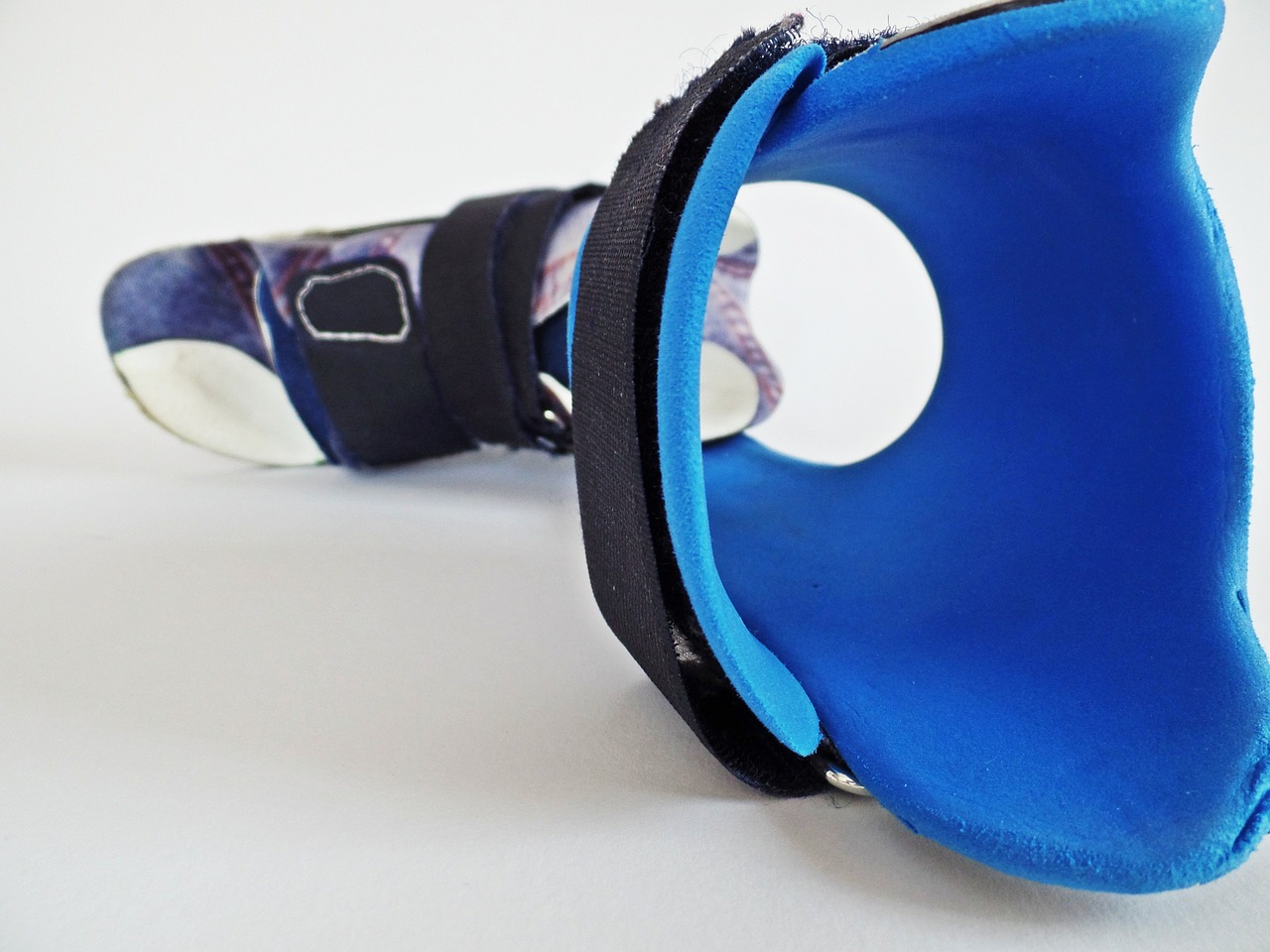Many DME providers have had tremendous hurdles to overcome this year, from the implementation of a new round of Medicare’s Competitive Bidding Program through continued impacts of COVID-19. Mergers and acquisitions are through the roof as a result, as are continued compliance concerns that plague the industry.
Let’s dive into some of the major DME related matters & issues that have come across my desk this year, and what to be on the lookout for in the next.
Competitive Bidding Impacts
After much uncertainty about what DME products would actually be included upon its implementation, Round 2021 of Medicare’s Competitive Bidding Program (“CBP”) kicked off at the beginning of this year.
With off-the-shelf knee and lumbar braces (HCPCS Code OR03) included in Round 2021 of the CBP – and thus ability to supply such devices to beneficiaries in competitive bid areas restricted to bid-winners – non bid-winning DME providers have been scrambling to find new revenue streams to fill the void. Unfortunately, many are doing so in a non-compliant manner.Continue reading


 By:
By: 
 By:
By: 



 By:
By: